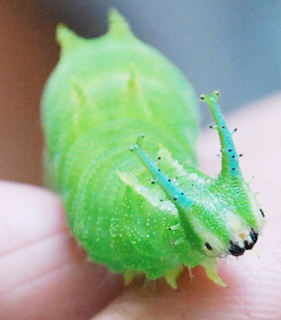Redaction
You just can't hand a 409k word manuscript to a potential editor and ask if they would please wade through it and see if they want to invest in you as a writer. It would be simply too embarrassing. You've got to at least try to come up with an edited version. I was tearing my hair out trying to figure out how to edit this phhhhhat caterpillar of mine, and then I had a breakthrough. I'm now about 30% of the way through the story, and I have reduced the word count to 62% of the original, up to this point. How did I do that? You're dying to know; I know you are. (Or else you aren't, in which case, you're not reading this blog.) I stopped trying to figure out what to cut out. Instead, I created a blank document (titled, no joke, "Painful Big Picture Exercise") and began trying to decide what to allow in. I had two big milestones towards which I needed to move the book—quickly, without wasting the reader's time. By the time you get to the first, you hav...
